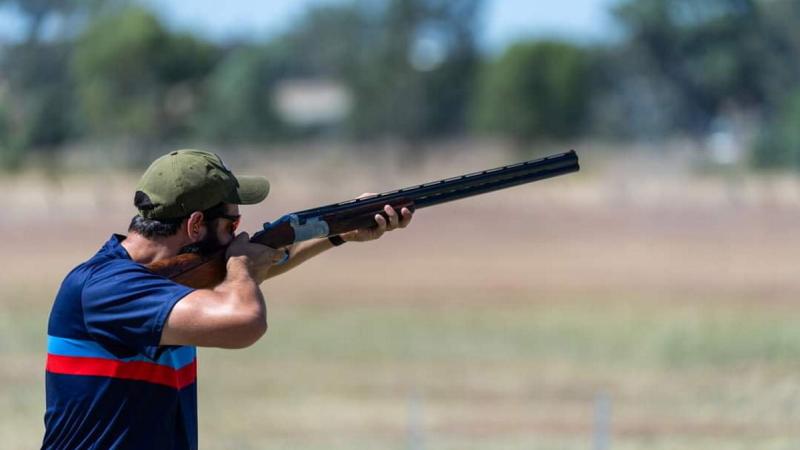Minister for Indigenous Australians
The Hon. Greg Hunt MP
Minister for Health and Aged Care
The Hon. Ken Wyatt AM, MP
Minister for Indigenous Australians
The Hon. Dr David Gillespie MP
Minister for Regional Health
Minister Assisting the Minister for Trade and Investment
Deputy Leader of the House
An innovative project to help more Indigenous expectant mothers to give birth on their home country is one of five projects funded through the Morrison Government’s $5.5 million investment in the NHMRC Partnership Project scheme.
The partnership-based research project To Be Born Upon a Pandanus Mat (Yothuw gayatha dhäwal’ guyaŋa’nharaw) is led by Professor Yvette Roe, a proud Njikena Jawuru woman, and Professor Sue Kildea, Co-Directors of the Molly Wardaguga Research Centre, Charles Darwin University.
The project will receive nearly $1.5 million and will follow women’s law to incorporate the skills and knowledge of the djäkamirr (Yolŋu doula) to enhance the delivery of clinically and culturally safe healthcare in line with Yolŋu priorities.
Integrating Yolŋu and western knowledge systems to support birthing on country alongside health service interventions to reduce the risks of pre-term birth will see Yolŋu mothers and babies living in Galiwin’ku on Elcho Island and Arnhem Land, thrive and flourish.
The research project aims to redesign the approach to health services by increasing continuity and quality of maternity care as women move through services in Galiwin’ku (remote community), Nhulunbuy (regional hospital) and Darwin (tertiary referral). This new approach will include interventions co-designed by community and health services to lower risk factors in pregnancy and reduce preterm birth, low birth weight and infant mortality.
“Solutions must enable Yolŋu to use Yolŋu knowledges to work side by side with non-Yolŋu knowledges,” said Professor Roe.
Professor Roe said the Birthing on Country service had already shown a 38% reduction in preterm birth and a reduction in neonatal nursery admissions, number of planned caesareans and epidural pain relief in an urban setting.
“Working with Yolŋu partners, we aim to establish and evaluate a similar model using a prospective, non-randomised, interventional trial, in a remote Galiwin’ku, which will be customised to meet the needs of the local community,” Professor Roe said.
More than $5.5 million of funding will support five research projects through the NHMRC Partnership Project scheme, with an additional $8.2 million commitment from funding partners.
Minister Hunt said partner-based, co-designed health research delivered workable and sustainable outcomes that were meaningful to communities.
“Partnership Project grants fund researchers and partner agencies to work together to define research questions, undertake research, interpret the findings and translate the findings into health policy and health practice,” he said.
Minister for Indigenous Australians Ken Wyatt said integration of the skills and knowledge of community with western clinical knowledge was critical to sustainable health outcomes.
“This project will help create a birthing experience for expectant mothers that is clinically safe, connected to Country and strongly steeped within culture and traditions,” Minister Wyatt said.
“We’re also seeking to build partnerships and foster shared decision making in line with the reform priorities of the National Agreement on Closing the Gap.”
Minister for Regional Health, Dr David Gillespie said investment in research would help build the skills base required to support a strong and sustainable rural health workforce.
“Partnering with local communities to co-design research projects will help deliver quality place-based care healthcare that’s fit for purpose and serves the needs of these communities,” Dr Gillespie said.
NHMRC CEO Professor Anne Kelso said Partnership Project funding provides a unique opportunity for researchers, policy makers, clinicians and communities to work together.
“Due to the collaborative nature of these projects and the close involvement of the partners, there is a far greater chance the research will then influence health and well-being through changes in the delivery, organisation and accessibility of health services,” Professor Kelso said.
| Chief Investigator | Application Title | Administering Institution | Budget $ |
|---|---|---|---|
| Professor Anna Ralph | The Communicate Study: partnership across the Top End to improve Aboriginal patients’ experience and outcomes of healthcare. | Menzies School of Health Research | 1,499,896.70 |
| Professor Yvette Roe | To Be Born Upon a Pandanus Mat (Yothuw gayatha dhäwal’ guyaŋa’nharaw). | Charles Darwin University | 1,497,855.00 |
| Professor Sharon Goldfeld | Development and evaluation of a Child and Family eHub to improve access, engagement and use of the existing community, social and mental health services system. | Murdoch Children’s Research Institute | 429,262.20 |
| Professor David Lubans | Optimising the implementation of an evidence-based school program to engage adolescents in muscle-strengthening activities consistent with national guidelines. | University of Newcastle | 709,054.50 |
| Professor Catherine Sherrington | Promotion of evidence-based physical activity for older adults and people with disabilities by health Professionals. | University of Sydney | 1,440,374.50 |
| Total | 5,576,442.90 |






